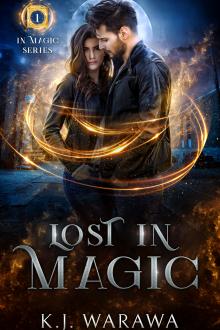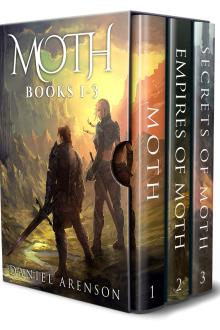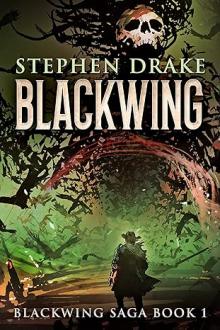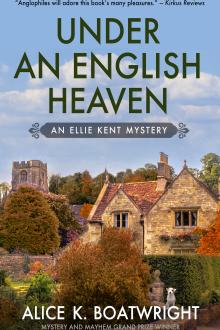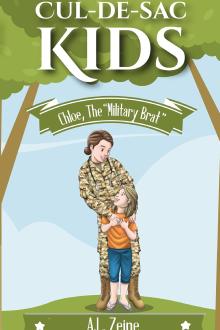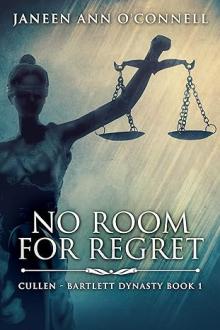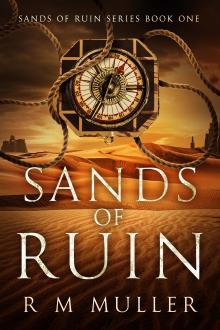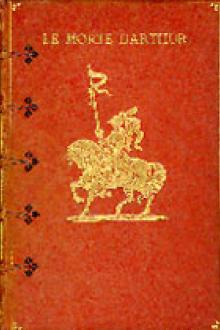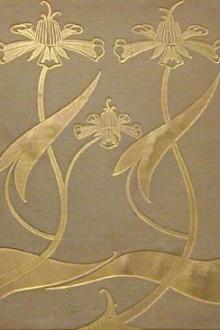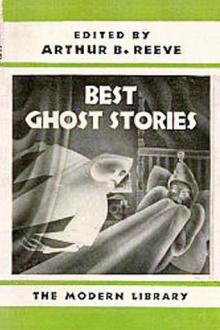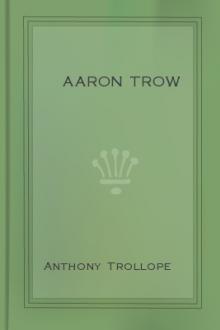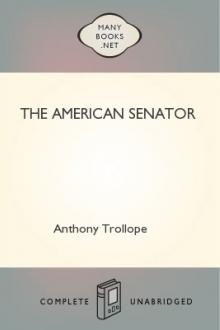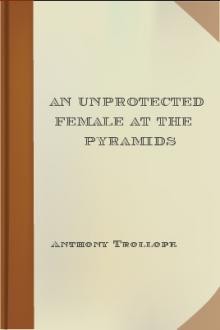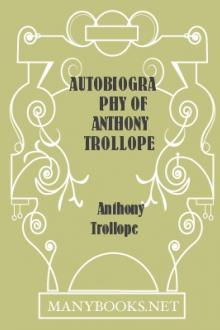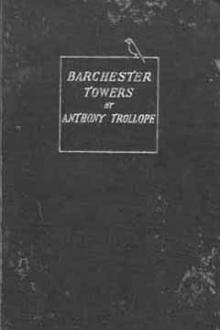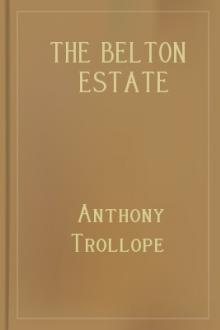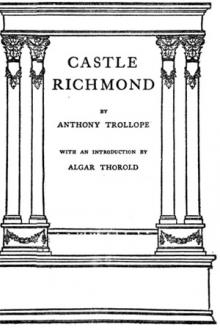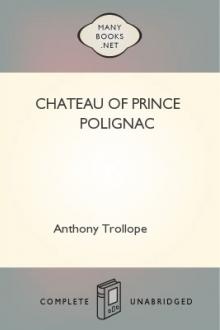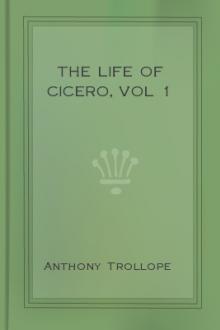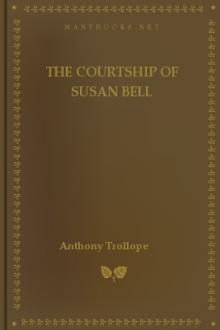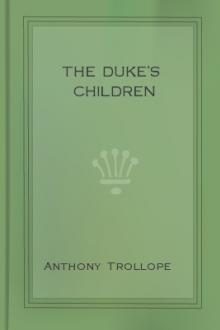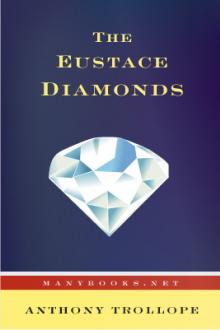Mr. Scarborough's Family
Mr. Scarborough's Family
Book Excerpt
"nothing of the kind shall be done with
my consent."
"Why, no," the barrister had answered, "I suppose that neither your consent nor mine is to be asked; and it seems as though it were a farce ordered to be played over the poor governor's grave. He has prepared a romance, as to the truth or falsehood of which neither you nor I can possibly be called as witnesses."
It was clear to the captain that his brother had thought that the plot had been prepared by their father in anticipation of his own death. Nevertheless, by the younger brother's assistance, the much-needed sum of money was found for the supply of the elder's immediate wants.
The next day was the day of terror, and nothing more was heard, either then or for the following week, of the old gentleman's scheme. In two days it was understood that his death might be hourly expected, but on the third it was thought that he might "pull through," as his younger son filially expressed himself. He was constantly with his father, but not a word passed
FREE EBOOKS AND DEALS
(view all)Popular books in Fiction and Literature
Readers reviews
5.0
LoginSign up
Imagine a kind of King Lear story in which the main difference is that the King is, far from being an innocent, more devious than the most devious of lawyers. Instead of seeing which of his two sons (Mountjoy and Augustus) loves him best, he plays games, making his eldest out to have been a bastard and leaving his estate (via the terms of an entail) to the youngest; and, when discovering that his younger son was too presumptuous, coming forth with ironclad evidence to prove that the other was the firstborn after all, and by the terms of the entail, deserving of all the estate. By the end of this long novel, we have seen Mr. Scarborough through many lights, but in the end in a more sympathetic one:
But I think that he has within him a capacity for love, and an unselfishness, which almost atones for his dishonesty; and there is about him a strange dislike to conventionality and to law which is so interesting as to make up the balance. I have always regarded your father as a most excellent man, but thoroughly dishonest. He would rob any one,—but always to eke out his own gifts to other people. He has, therefore, to my eyes been most romantic.
As the story progresses from one surprise to another, we get some of that rich texture that is a trait of Trollope's longer fiction:
Mr. Scarborough's whole life had been passed in arranging tricks for the defeat of the law; and it had been his great glory so to arrange them as to make it impossible that the law should touch him. Mountjoy [the eldest son] had declared that he had been defrauded. The creditors swore, with many oaths, that they had been horribly cheated by this man. Augustus [the younger son], no doubt, would so swear very loudly. No man could swear more loudly than did Mr. Grey [the astonished family lawyer] as he left the squire's chamber after this last revelation. But there was no one who could punish him. The money-lenders had no writing under his hand. Had Mountjoy been born without a marriage-ceremony it would have been very wicked, but the vengeance of the law would not have reached him. If you deceive your attorney with false facts he cannot bring you before the magistrates. Augustus had been the most injured of all; but a son, though he may bring an action against his father for bigamy, cannot summon him before any tribunal because he has married his mother twice over. These were Mr. Scarborough's death-bed triumphs; but they were very sore upon Mr. Grey.
There are, in addition, a couple of subplots, one of them hinging on the love of Harry Annesley for Florence Mountjoy, the niece of Mountjoy Scarborough. Another is Harry's rather dim uncle, Peter Prosper, who, to spite Harry, his heir, plans to marry another woman in his old age and beget substitute heirs.
There is also a bit of anti-Semitism in the portrayal of several Jewish moneylenders who are tricked by Mr. Scarborough into signing away their claims on the extensive gambling debts of Mountjoy Scarborough. I would be more offended if this novel were written more recently -- but I cannot expect that 19th century authors adhere to present-day racial and political sensibilities. Hence we have Dickens's Fagan in Oliver Twist and George Eliot's Daniel Deronda.
In the end, Mr. Scarborough's Family is one of Anthony Trollope's best novels outside the Barchester and Pallister series, along with Is He Popenjoy?, Miss Mackenzie, The Vicar of Bullhampton, and The Way We Live Now. As such, it would make a good first novel for someone who is trying to determine whether Trollope is worth reading.
Of course, I can answer that in the positive: He is eminently worth reading. I have read most of his works and continue to be amazed by the excellence of his 47 novels (somewhat less so in his short stories and nonfiction).
But I think that he has within him a capacity for love, and an unselfishness, which almost atones for his dishonesty; and there is about him a strange dislike to conventionality and to law which is so interesting as to make up the balance. I have always regarded your father as a most excellent man, but thoroughly dishonest. He would rob any one,—but always to eke out his own gifts to other people. He has, therefore, to my eyes been most romantic.
As the story progresses from one surprise to another, we get some of that rich texture that is a trait of Trollope's longer fiction:
Mr. Scarborough's whole life had been passed in arranging tricks for the defeat of the law; and it had been his great glory so to arrange them as to make it impossible that the law should touch him. Mountjoy [the eldest son] had declared that he had been defrauded. The creditors swore, with many oaths, that they had been horribly cheated by this man. Augustus [the younger son], no doubt, would so swear very loudly. No man could swear more loudly than did Mr. Grey [the astonished family lawyer] as he left the squire's chamber after this last revelation. But there was no one who could punish him. The money-lenders had no writing under his hand. Had Mountjoy been born without a marriage-ceremony it would have been very wicked, but the vengeance of the law would not have reached him. If you deceive your attorney with false facts he cannot bring you before the magistrates. Augustus had been the most injured of all; but a son, though he may bring an action against his father for bigamy, cannot summon him before any tribunal because he has married his mother twice over. These were Mr. Scarborough's death-bed triumphs; but they were very sore upon Mr. Grey.
There are, in addition, a couple of subplots, one of them hinging on the love of Harry Annesley for Florence Mountjoy, the niece of Mountjoy Scarborough. Another is Harry's rather dim uncle, Peter Prosper, who, to spite Harry, his heir, plans to marry another woman in his old age and beget substitute heirs.
There is also a bit of anti-Semitism in the portrayal of several Jewish moneylenders who are tricked by Mr. Scarborough into signing away their claims on the extensive gambling debts of Mountjoy Scarborough. I would be more offended if this novel were written more recently -- but I cannot expect that 19th century authors adhere to present-day racial and political sensibilities. Hence we have Dickens's Fagan in Oliver Twist and George Eliot's Daniel Deronda.
In the end, Mr. Scarborough's Family is one of Anthony Trollope's best novels outside the Barchester and Pallister series, along with Is He Popenjoy?, Miss Mackenzie, The Vicar of Bullhampton, and The Way We Live Now. As such, it would make a good first novel for someone who is trying to determine whether Trollope is worth reading.
Of course, I can answer that in the positive: He is eminently worth reading. I have read most of his works and continue to be amazed by the excellence of his 47 novels (somewhat less so in his short stories and nonfiction).
- Upvote (0)
- Downvote (0)
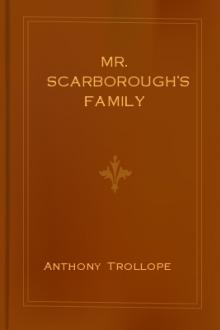
 Free Download
Free Download